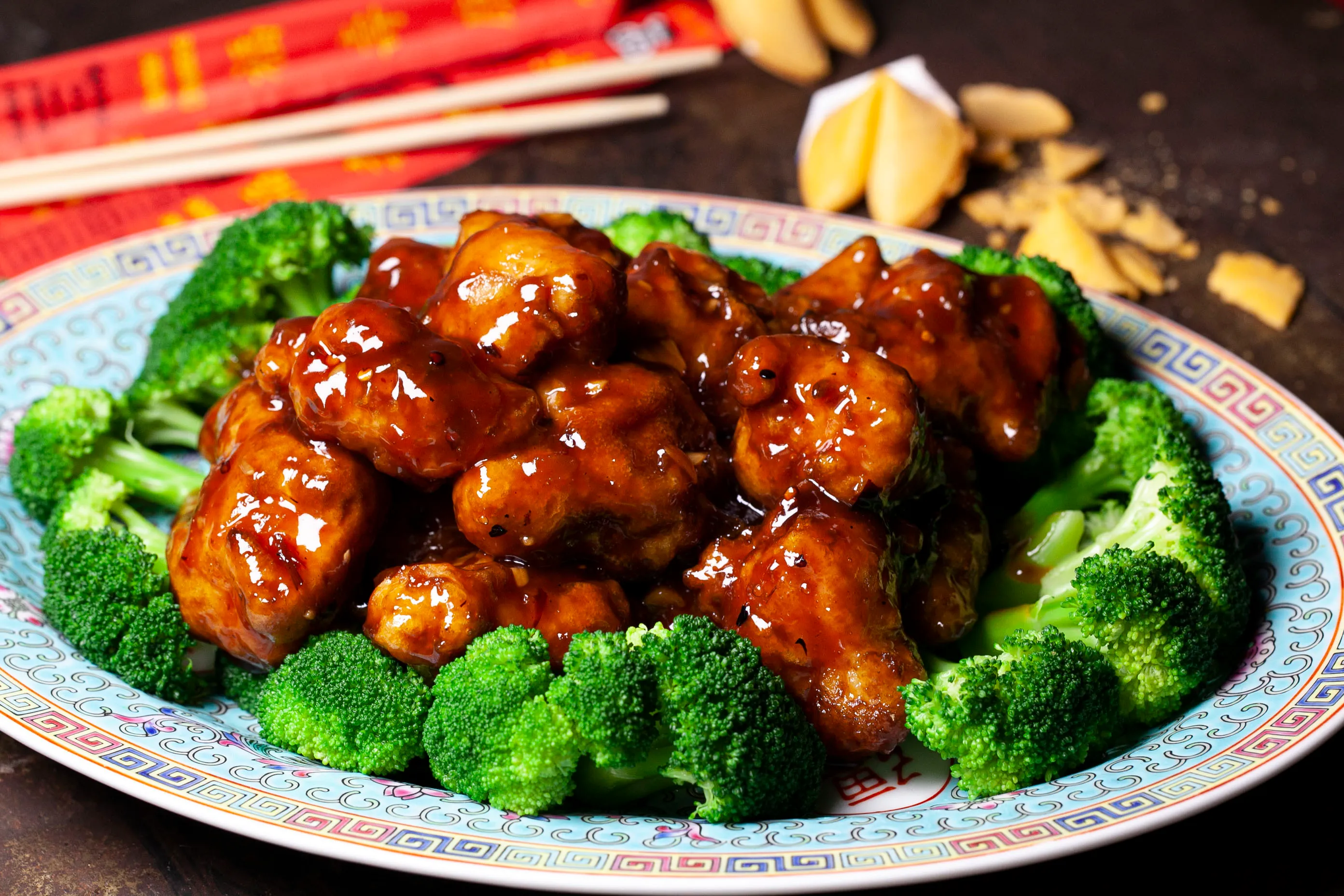Disney’s TV adaptation of American Born Chinese is one of the most anticipated Asian-American projects to hit screens in 2023. While US audiences are loving the show, Chinese viewers aren’t quite feeling it.
The series is based on the graphic novel by Gene Luen Yang, a coming-of-age tale which follows Chinese-American teenager Jin Wang, as he grapples with his cultural identity and sense of self. The story draws on elements from the classic Chinese novel Journey to the West.
With a star-studded cast including Academy Award winners Michelle Yeoh and Ke Huy Quan, the show was warmly received in the US, where it earned a 95% score on Rotten Tomatoes, and was even screened at the White House.

However, Chinese audiences are feeling lukewarm about the show, which currently sits at a rating of 5.7 stars on Douban, China’s biggest platform for movie reviews. Comments on the film’s page take issue with poorly translated Chinese, the show’s plot, and the way it handles elements from Journey to the West.
“It’s not that Disney isn’t allowed to shoot an adaptation of Journey to the West,” commented one user. “I just hate that things are always interpreted from a Western perspective. They can show the surface level of the story, but not the inside.”
“Panda Express,” reads another succinct, highly-upvoted comment.
This is not the first time that Chinese and diasporic audiences have clashed over depictions of Chinese culture on screen. Crazy Rich Asians, for example, was similarly criticized for depicting an ‘inaccurate’ and ‘Americanized’ version of Chinese culture.
Ultimately, the lack of enthusiasm toward American Born Chinese boils down to a cultural disconnect. Some reviewers even came to the show’s defense, citing their own feelings of insecurity and isolation when studying abroad – something that most people in China have not experienced.
This doesn’t mean that diasporic stories can’t do well in China. Earlier this year, for example, the A24-produced Netflix series Beef reached a surprisingly wide Chinese audience, with a storyline that explored themes of Asian-American rage.
Cover image via IMDb



















